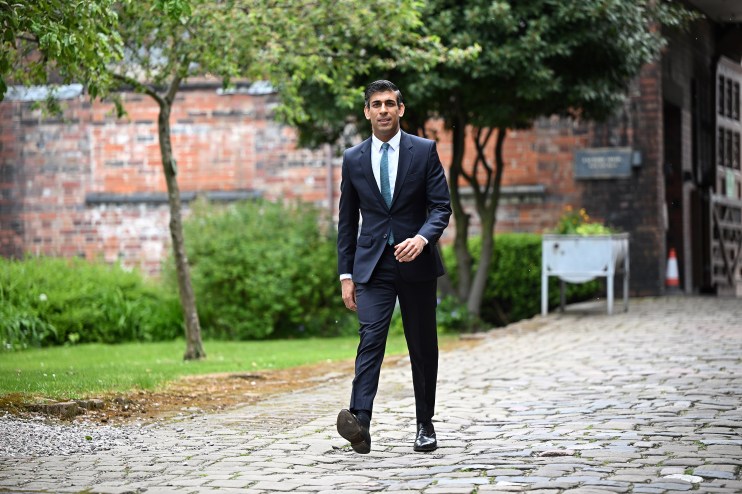Millions of Brits’ tax bills set to soar as fiscal drag bites

Millions of Brits’ tax bills are set to soar due to chancellor Rishi Sunak freezing the thresholds at which people start paying the taxman, revealed research published yesterday.
Around 6.7m people will be hit by higher rates by 2024, the year the next general election is scheduled, according to consultancy Lane Clark and Peacock (LCP).
That total is double the amount when the Conservatives – traditionally a fiscally loose political party – took power in 2010 and 58 per cent higher than the last election in 2019.
At the March 2021 budget, the chancellor froze the level at which people pay different rates of income tax for four years.
Typically, thresholds rise in line with inflation to prevent fiscal drag, when people are pushed into higher tax brackets as a result of pay increases.
Steve Webb, a partner at LCP and a former Lib Dem MP and pensions minister, said: “Freezing tax allowances and thresholds is the ultimate stealth tax”.
There are three rates of income tax in the UK: basic, which is 20 per cent, higher, 40 per cent and additional, 45 per cent. The amount of tax people pay depends on their income.
The first £12,570 of an individuals’ income is not subjected to tax.
Sunak has also hiked employee and employer national insurance contributions 1.25 percentage points, raised dividend taxes and launched a 2023 six percentage point corporation tax rise.
These policies will result in the UK tax burden reaching its highest level since the late 1940s, when Clement Attlee’s post-war Labour government was in power.
The chancellor did raise the tax free national insurance allowance to £12,570 at the spring statement and promised to cut the basic rate of income tax 1p by 2024.
A government spokesperson told City A.M.: ”The UK has the highest basic personal tax allowance in the G20 – and maintaining the threshold is a progressive approach to fund our world leading public services and rebuild the public finances following Covid.”
“Our approach ensures that higher earners contribute more – while the vast majority of taxpayers will still pay the basic rate of tax by 2026 and we will save the typical employee over £330 a year by raising the National Insurance Contribution threshold.”